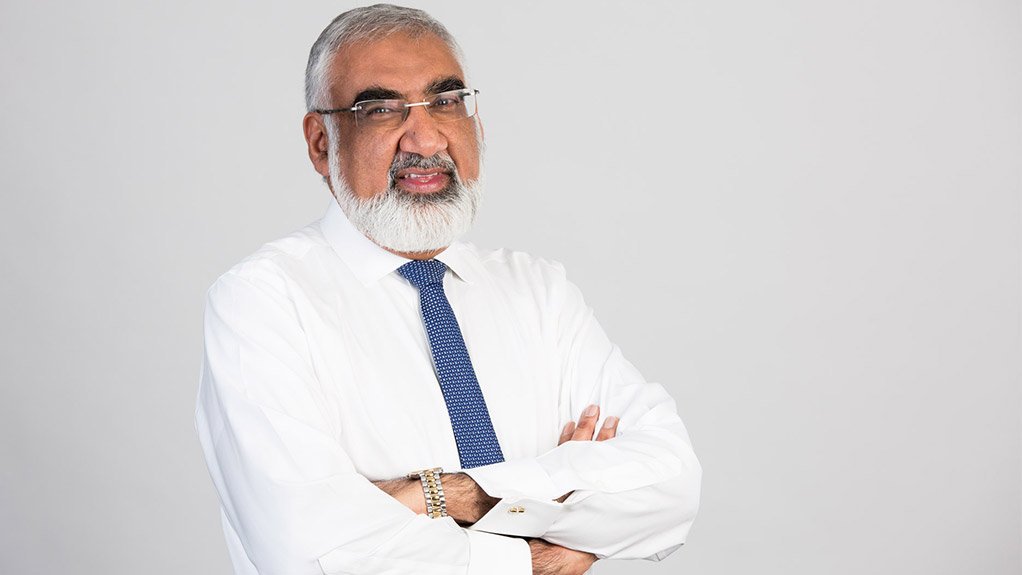Motus’s Import and Distribution business took a significant bite out of the automotive group’s profit in the financial year ended June 30, says CEO Osman Arbee.
“Minus the importers we had a great year.”
Announcing Motus’s results in Johannesburg on Tuesday, Arbee said the JSE-listed group had been saved by its long-standing diversification and internationalisation strategy, which managed to bump up revenue and profit outside the struggling South African economy.
Motus saw revenue increase by 7%, to R113.7-billion, compared with the previous financial year, with operating profit down 4%, to R5.5-billion.
Operating profit at the Import and Distribution division, which included brands such as Hyundai, Kia and Renault, saw a 45% drop in operating profit for the financial year, to R780-million, compared with the previous year.
Retail and Rental had a 1% increase in profit, to R2.58-billion, Mobility Solutions was up 12%, to R1.27-billion, and Aftermarket Parts up 19%, to R1.24-billion.
Both the Aftermarket Parts and Retail and Rental businesses had much more of an international flavour.
Around 35% of Motus’ earnings before interest, taxes, depreciation and amortisation currently came from international operations, up from 22% in 2021, noted Arbee.
CFO Ockert Janse van Rensburg described the Import and Distribution business as the group’s Achilles heel this year.
Janse van Rensburg is also the Motus CEO designate, as Arbee is set to retire this year, at age 65.
Arbee noted that the Import and Distribution business was impacted by the fact that the relevant brands were no longer manufacturing entry-level vehicles, with cash-strapped South Africans increasingly leaning towards cheaper mobility solutions.
Motus had also seen lower production allocation from the brands’ parent companies, or with these brands being short on supply of the relevant vehicles.
Arbee added that the South African new-vehicle market was highly competitive, especially with the growing number of Chinese entries.
There was hope, however, that the situation could improve.
Arbee believed that increasingly positive consumer sentiment, an interest rate cut or two, as well as “a few more jobs”, could all help to “kick up” new-vehicle sales in South Africa to around 600 000 units in the next 24 months, up from the 510 000 units expected in the 2024 calendar year.
Hyundai, Kia and Renault were also launching new entry-level models to fill the current gap in the market.
Janse van Rensburg added that Chinese car makers were not yet posing a threat to Motus’s import business in the entry-level segments, noting that they might remain unable to do so going forward.
South Africa’s entry-level vehicle stock came mostly from plants in India, where they were big sellers, with China not focused on producing these vehicles, as they generally do not sell in China.
Janse van Rensburg also echoed Arbee’s sentiment that South Africa would deliver better results for Motus going forward, as the economy was expected to start generating some traction.
Edited by: Creamer Media Reporter
EMAIL THIS ARTICLE SAVE THIS ARTICLE
ARTICLE ENQUIRY
To subscribe email subscriptions@creamermedia.co.za or click here
To advertise email advertising@creamermedia.co.za or click here













